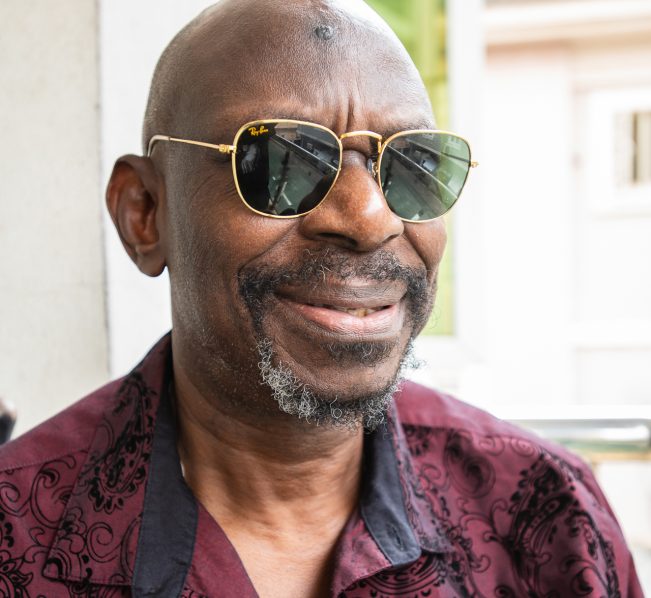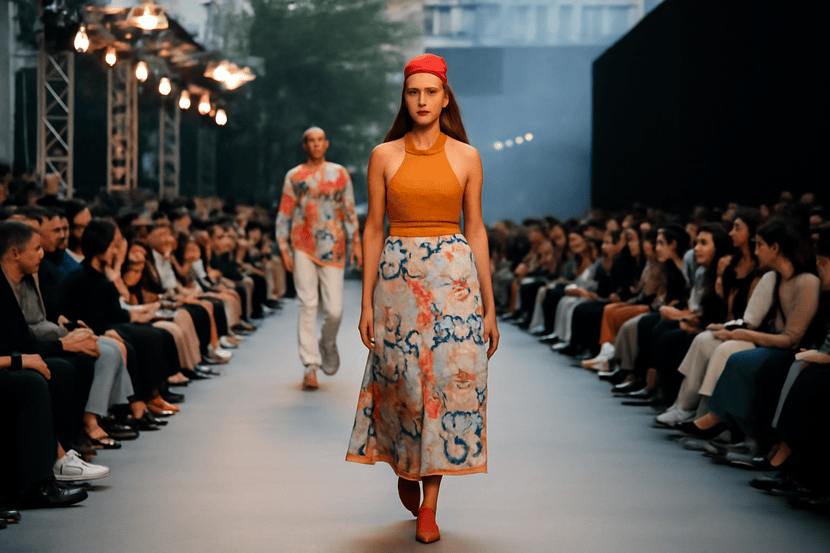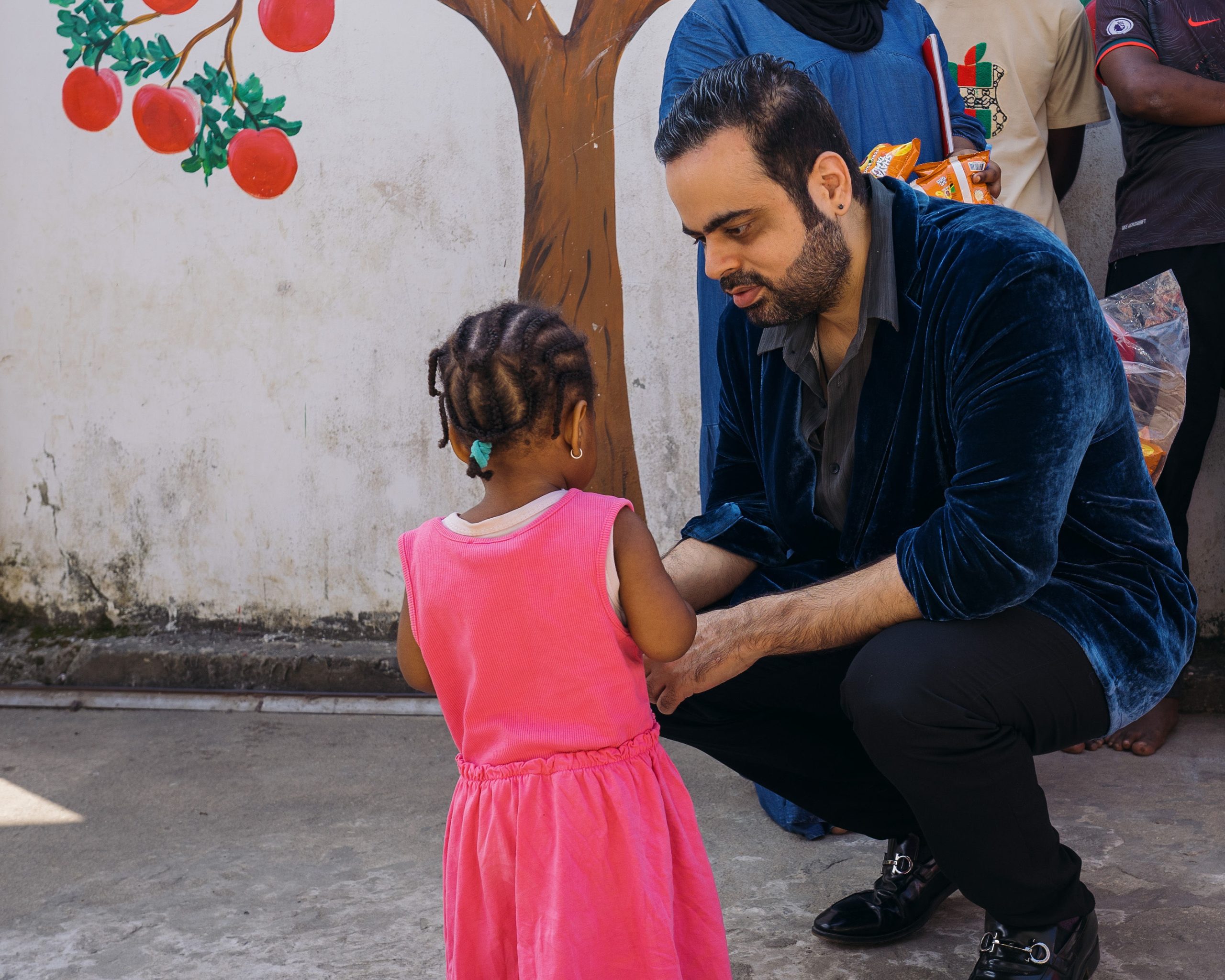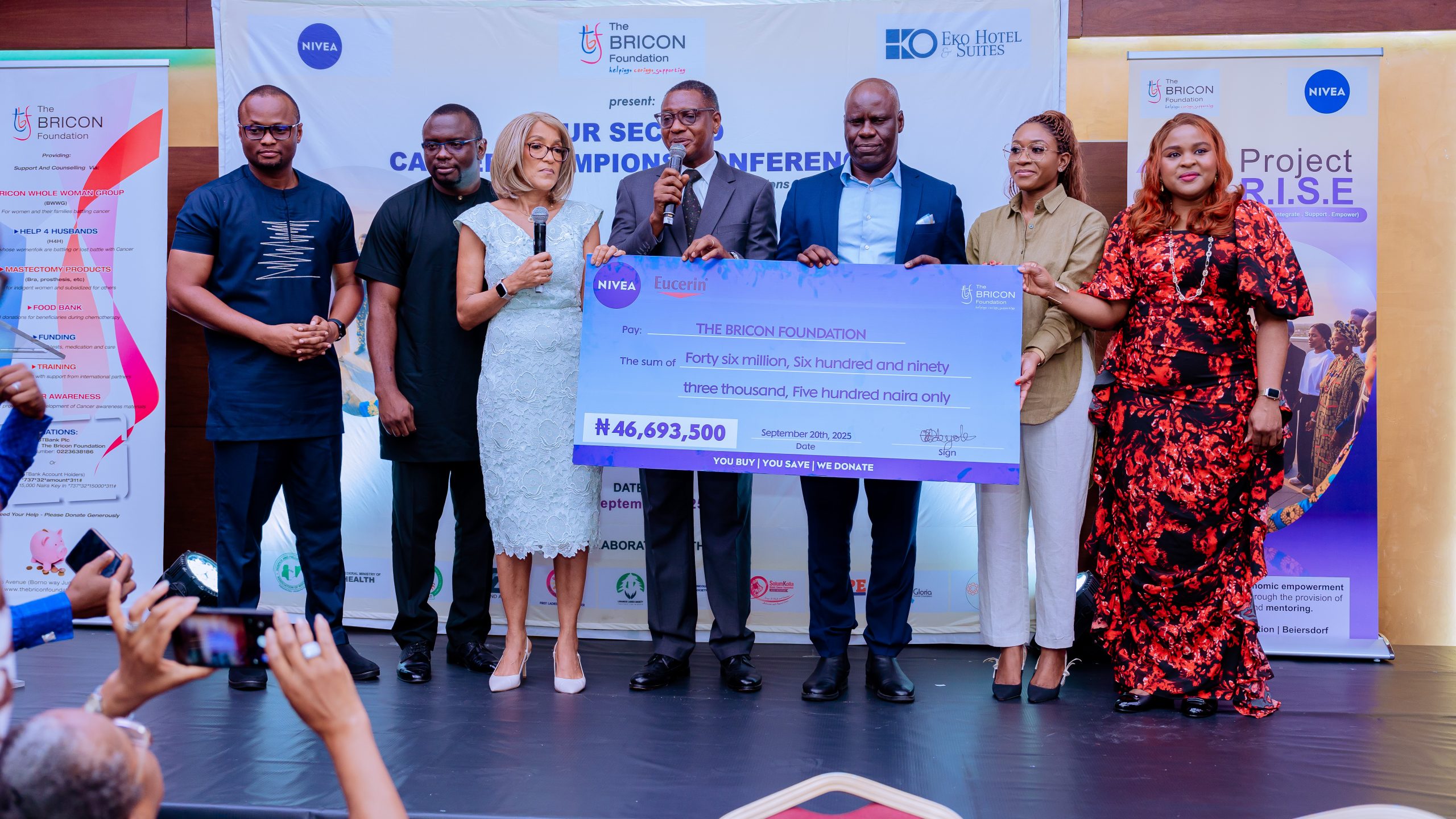
A native of Badagry in Lagos State who is popularly called Dudu by friends and associates, kind words from friends, family, associates, colleagues and his mentees drowned the social media space on Tuesday. Indeed, tributes flowed – all saluting Dudu’s pioneering effort as a filmmaker and music video director as well as his peerless imprint in the entire gamut of the entertainment industry.
An old boy of the Comprehensive High School, Aiyetoro and an alumnus of the University of Ibadan and Regent University in Virginia Beach, USA where he studied political science and advance television techniques respectively, Moviedom spoke to the director of the 1986 celluloid film, Ireke Onibudo and director of box office hits that predate Nollywood such as Iyawo Alhaji, and Ami Orun and excerpts of that interview is served as Moviedom’s tribute to an icon whose imprimatur on countless videos, movies and documentary productions have contributed in defining the Nigerian motion picture space.
The feeling at 70
Clocking 70 is like any other day. The only difference is that you just feel higher gratitude to God. I lost my dad when he was 56 as far back as 1974. Even in those days, I thought he was an old man and now I have lived 14 years longer than my dad. In fact, I rejected it when someone referred to me as septuagenarian until I looked it up. In the past weeks, I have been playing back my life in reverse motion. I have remembered so many incidents and I have also remembered so many people that have passed on. It is then I remember the grace of God in my life.
Physically, I don’t feel different but spiritually and in terms of self awareness, I feel grateful about many things. Although I am regarded as an elder now, I find it difficult to feel like an elder. I think it’s people that are winding down that are there. I am not winding down. I tell people who are close to me that part of my creativity is the fact that I refuse to let go of my umbilical cord.
I am a child in my heart. People who are close to me know that behind all those tough words online, I am just a baby. I like the simple things of life. I like organic things. If I have one billion today or I am broke to the extent that I am even asking for 5000, my taste of what I eat will not be different. That is the way I have more or less stabilised my life. So, I don’t feel 70, I feel that this young Egun boy, born in Abeokuta is just experiencing another day.
The Arts was all I wanted to do
I look at life as a cup half full instead of perfect. I dwell little on things that were not than things that were. Normally, growing up, we had ambitions, this and that. In life, I have always followed what I feel like doing. I wanted to study theatre arts when I entered University of Ibadan (UI) in 1973 but my dad refused.
He was totally against it. So, I put in for Political Science but I still took some courses in theatre arts as electives and in UI, I was known more for what I was doing in theatre arts and all the people I met over the time – Professors Abiola Irele, Sumbo Marinho, Bayo Oduneye, Dapo Adelugba – all the top directors you can mention. In fact, the people I remember today who influenced my growing up and appreciation of life, I met them in the Theatre. So the theatre is what has defined me since then. Even when I finished at UI, I was posted to Port Harcourt to go teach and I just flagged down a taxi asking for the arts council. I went there, asked for the General Manager who coincidentally was an ex-UIite.
I explained to him that I wanted to work in the theatre and he just called one or two people and said ‘let him go and head the music department’. I couldn’t believe it. I went to the music department, found this robust group of artistes practising and I just sat there inspired. This happened to be the year they were preparing for FESTAC, so I led the Rivers State Contingent in Music to FESTAC ‘77.
In fact, pots that we used as instruments would break during rehearsal and I would take a flight to Port Harcourt to bring another pot before the next day’s performance. That same year, the National Troupe was going to do ‘Langodo’ by Wale Ogunyemi. I played Agbako when we did it in UI and they asked me to play Agbako again for the National Troupe performance.
My life became defined because I knew what I wanted. When we finished youth service, Ogun State was a fresh state which Obasanjo created in 1976. We were the first set of graduates. In those days, everybody wanted to be a permanent secretary. Being a graduate was a big deal. We got to an interview and everybody was in suit, but I was in Adire and I used to wear a lot of bangles.
I entered and everybody was looking at me like something that strayed in from the moon. When it was my turn for interview, they said ‘excuse me, why are you here?’ I said I was there for the interview; they checked my credentials and were surprised. I told them I wanted to be a cultural officer. I got immediate employment because nobody cared about anything like that.
The next four years, I was among those who drafted the cultural policy of Nigeria. I represented Ogun State at all the meetings, going to conferences and seminars all over the place and then for the national festivals, I was leading the contingent. I was doing all that until Governor Bisi Onabanjo decided to set up a TV Station which is still called Ogun State Television (OGTV).
The then Premiere of Western Region, Chief Obafemi Awolowo felt he was being shortchanged and so he told all the Progressives to start a TV station – OGTV, BCOS, Lagos State Television (LTV) and so on. So, I applied but I was not qualified because they were looking for people who had worked with radio or TV stations and about 3000 people applied.
I had no hope but something just told me to go there and I was given a grace to interview. When the result came, I was among the seven people that started OGTV. Years and years later, I became well known in the field and I have not looked back since 1981. Why am I saying all these? Just to show you that I have always defined my life not the way the society wants but the way I am propelled to go. Even the founding of Dudu Production is part of that trajectory. It is the things that I did, that I’m still doing that I concentrate on.
The Alias —’Dudu’
We were in lectures in UI when Professor Abiola Irele came in. When Professor Abiola came, he said ‘look at all of you’, (because in those days we used to try to be as British as possible with our dressing). He said If a British man were to enter the hall that day, he would say ‘look at Monkeys’. Some people had suits that were bought abroad but I had my made in Abeokuta suit and I was very proud of it. So, the man pointed at me and said ‘Stand up, look at what he is wearing’ that did we know if he wore this on the streets of London, a dog could bark at him? He said
‘You have to be yourselves’ adding that when we interpret life in our own terms and from our own culture, the rest of the world will look at us with respect but when you try to copy, you become a fake version. At the time, we had a lot of young professors who were Afrocentric. They wore Adire. Then I thought no wonder these people are different from professors in other departments and faculties. So, after we left, I felt like somebody just hit my head with a hammer. It was from that day that I decided that I would be Dudu. That I will be myself. I will interpret life in my own way and do things that make sense to me.
I shopped for Adire and started making some myself too. That’s how I became Dudu not knowing that it would transcend into television and become my permanent image in life. Even my children call me Dudu. I recall that at 22, I turned my father’s house into Whedah house, also called Dudu Club with African aesthetics – Whedah is my tribe in Badagry. It became a very renowned place then. But that is a story for another day.
From TV to Dudu production
In OGTV, after going through the initial not knowing the ropes, I became a firebrand for entertainment. I shot musical shows and shot several episodes for all our comedy, tragedy, epic and so on.
So, people like Jide Kosoko, Akin Ogungbe, Baba Wande, Taiwo Hassan Ogogo, Yinka Quadri, Iya Rainbow and many others worked with us at OGTV. The only top stars in the Yoruba industry I never worked with was Chief Hubert Ogunde and Chief Adeyemi Afolayan aka Ade Love.
So, because of my fascination with the production we did in UI and FESTAC, I decided I would turn it into a 13-episode series, using Akin Ogungbe. We went on location, and while there, a filmmaker, Bayo Aderounmu of Benton Films who was fresh from the USA approached me and said he wanted me to direct Ireke Onibudo for the new film company he was setting up. To cut the long story short, Bayo came visiting as he promised and he introduced the project and I jumped on it.
I had never done celluloid; in fact, I had never moved near a celluloid camera. I told him I could do it. He asked me if I could reduce the thirteen hours to three, I said yes. Then, he asked how much I would charge, I just created this terrible eleven thousand naira from my head, unseriously and he agreed. I was shocked. Do you know what 11,000 meant in those days? It was a lot. I had never had it in my life.
The work came out a big success. By the time I was leaving OGTV, the idea of Dudu Productions came because of certain incidents that happened. I used to have a friend, Toks Sotade. We had played together in a band called ‘Ofo the black company’. He called me one day and said ‘Tunde, I see all the things you do on OGTV, you can do musical videos’ and I said I’d not done it before. He said I could, that he had an artiste he was producing in Haruna Ishola’s studio in Ijebu Ode – Terracotta and that he would bring the tape to me and spend the weekend with me in Abeokuta.
When I listened to the mixdown, I said I could do it and that was my first musical video. I think I did it for 500 naira but with that I went to Idanre Hill, Ijesha Waterfalls, I was just picking landscapes in Yoruba land just to be different from the studio bound videos that were in vogue then.
By the time Terrakota came out, it was a boom but it still wasn’t all that because I was still hiding as I was a civil servant. It was shortly after, that Dean Disi of Sony Music came to Abeokuta to see me and he came with a guy whom he introduced as Mike Okri. He played me a sound that amazed me and told me right there that he wanted me to do his video and even wanted me to do a photoshoot for him for his album cover – Concert Fever.
By the time we were done and played it to the press, the whole place was astounded but I was hiding so they wouldn’t publish me because I was the Controller of programmes at OGTV and so, I didn’t get the traction I was supposed to get. Later, Dean Disi called me and said ‘listen to this’ . I listened and it was Shina Peters new album Ace. I decided I was going to shoot the video. Ace changed my career. It was the first commercial musical video in Nigeria.
After that, I was touching all the artistes in Nigeria – Ras Kimono, Onyeka Onwenu, Sonny Okosun, Kwam 1, Majek Fashek and so on. In the end, many videos that we did, became a turning point. After that, I got the brief to shoot Laureen Okotie’s music video for her 8 track album. At that time, I was still charging 1000 naira per track and I just decided to change it to 5000 naira per track and they agreed. With that 40,000, I rented a 5-bedroom flat in Ogba—-51 Ijaiye Road for 12,000 naira per year, and that’s where Dudu started.
Are there any of your children in the film making field?
All of them are in Communication. Tunde Junior is about to get his PhD and he is in communication. He does documentaries, adverts, and he is a photojournalist. His immediate younger brother is in Cape Town. He is a film animator. The third person has a digital press in Abuja. The fifth is a football blogger. Only the fourth is a Pastor. I am very confident that when I go to sleep, my children will still carry on and I am also beginning to see it in my grandchildren. Maybe sometimes, your life reflects on your generations.






